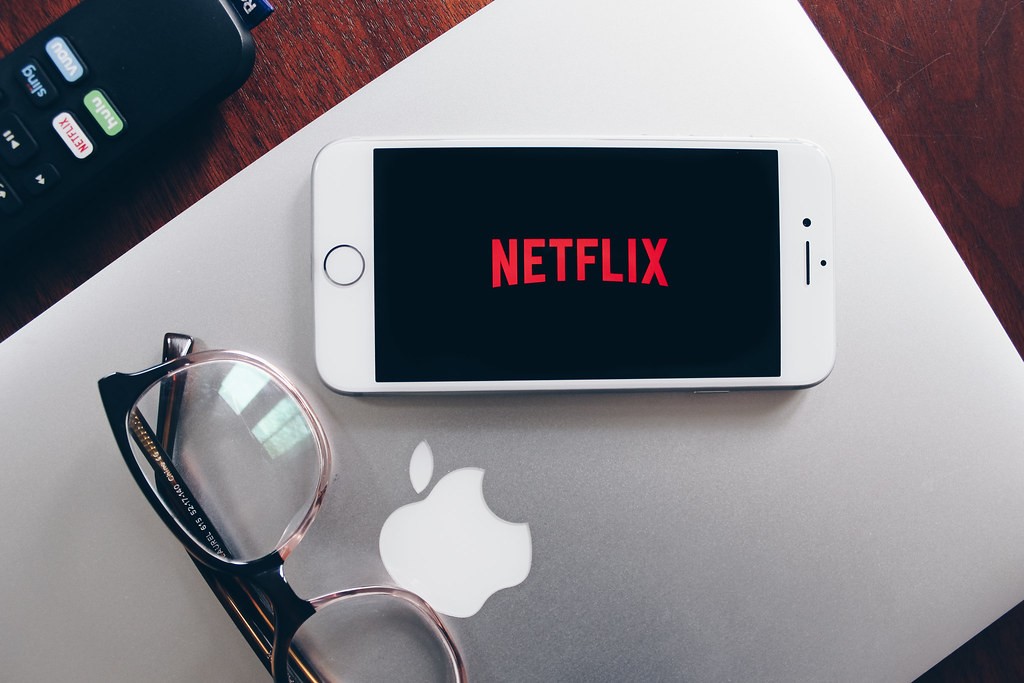Culture Secretary Nadine Dorries is not one for subtlety. When announcing on Twitter that Channel Four was to be privatised her statement said that “government ownership is holding Channel 4 back from competing against streaming giants like Netflix and Amazon”. Dorries’ suggestion follows two of her predecessors arguing that the BBC licence fee could be abolished and replaced by a “Netflix-style” subscription; in short, it is an explicit way to say what long has been implied by other less crude Tories: the BBC and Channel 4 are antiquated models of the past; the future is Netflix. While this is the biggest step taken in that direction so far, it is clear that the Silicon Valley-based company has found itself becoming more and more of a panacea for Conservative grievances with the media.
On the surface, the appeal of Dorries’ proposal is obvious. Netflix and other streaming services have grown enormously over the past decade; in Britain alone Netflix boasts 14 million subscribers and Amazon Prime boasts 12 million at a time when the TV ratings of terrestrial television are in precipitous decline in comparison to streaming. There is, however, one significant problem with a “Netflix-style” business model for British TV. It doesn’t make money.
Over the last decade Netflix has borrowed $16 billion to pay for its rapid expansion, a rate of expansion that is now slowing dramatically. Its main competitors do not fare much better. Disney Plus lost $400 million last year. Amazon Prime Video’s profits and losses are rather opaque, but some experts believe it to function as a “loss-leader”. That is, a permanently unprofitable business division that exists to generate customers who will also spend money in more profitable parts of the same company. Such a business model is only sustainable within a much larger, more profitable business; and there are few businesses larger and more profitable than Amazon or Disney.
The perceived advantages of streaming platforms over broadcast television are overstated. Despite the problems with terrestrial television, British TV audiences spent three times as much time watching output from the BBC than from Netflix, which garnered an equal number of viewers as Channel 4 mustered. Netflix and its other Silicon Valley counterparts do not have the solutions for Britain’s own beleaguered broadcasters and their monetary woes. So why do Conservative politicians keep suggesting they do?
Netflix is hyped up as “a success story of our times” and “the great disruptor”, with sympathetic articles emphasising the innovations it has brought rather than the real financial complexities or the limits of said disruption. This is merely a symptom of the Conservatives’ constant, yet fleeting, political love affairs with the questionable ideologies and enterprises of big tech.
The Prime Minister’s former chief advisor Dominic Cummings was perhaps the most prominent proponent of bringing big tech into big government. He had a vision of government by big data with a “data science unit” at Downing Street. At the height of the pandemic he called a meeting with representatives of global tech companies to ask for their help tackling the COVID pandemic.
Before Cummings, Downing Street advisor Steve Hilton had similar visions of “blue sky thinking”, advocating the use of unconventional technologies and radical free-market reforms. He was instrumental in David Cameron’s effort to create a Silicon Valley (or Silicon Roundabout) of tech startups in East London; ten years on, that enterprise has had ambiguous and intangible results, with the small innovative startups championed by the scheme priced out by rising rents. Hilton left Downing Street for Silicon Valley in 2012, where he is now a regular contributor for Fox News.
And more recently, at a time of a spiralling cost of living crisis, Rishi Sunak has announced he will launch an Non-Fungible Token (an enterprise so stable and profitable that a high-profile NFT of Twitter’s boss’s first ever has recently been sold at less than a thousandth of the asking price) through the Mint as part of a drive to make the UK a “Global cryptoasset hub”. As his political stock falls, Sunak is also rumoured to be eyeing a career in Silicon Valley’s tech industry.
In an era where the tech industry’s promises of innovation and disruption are increasingly scrutinised (and some having been revealed as outright frauds), Conservative politicians’ continued advocacy for the “Netflix model” seems more and more vapid. Previous examples of bringing big-tech thinking into British policymaking have had at best mixed results. We should be asking what exactly is meant by a “Netflix model”, who benefits from it, and whether it is even viable in the first place.


